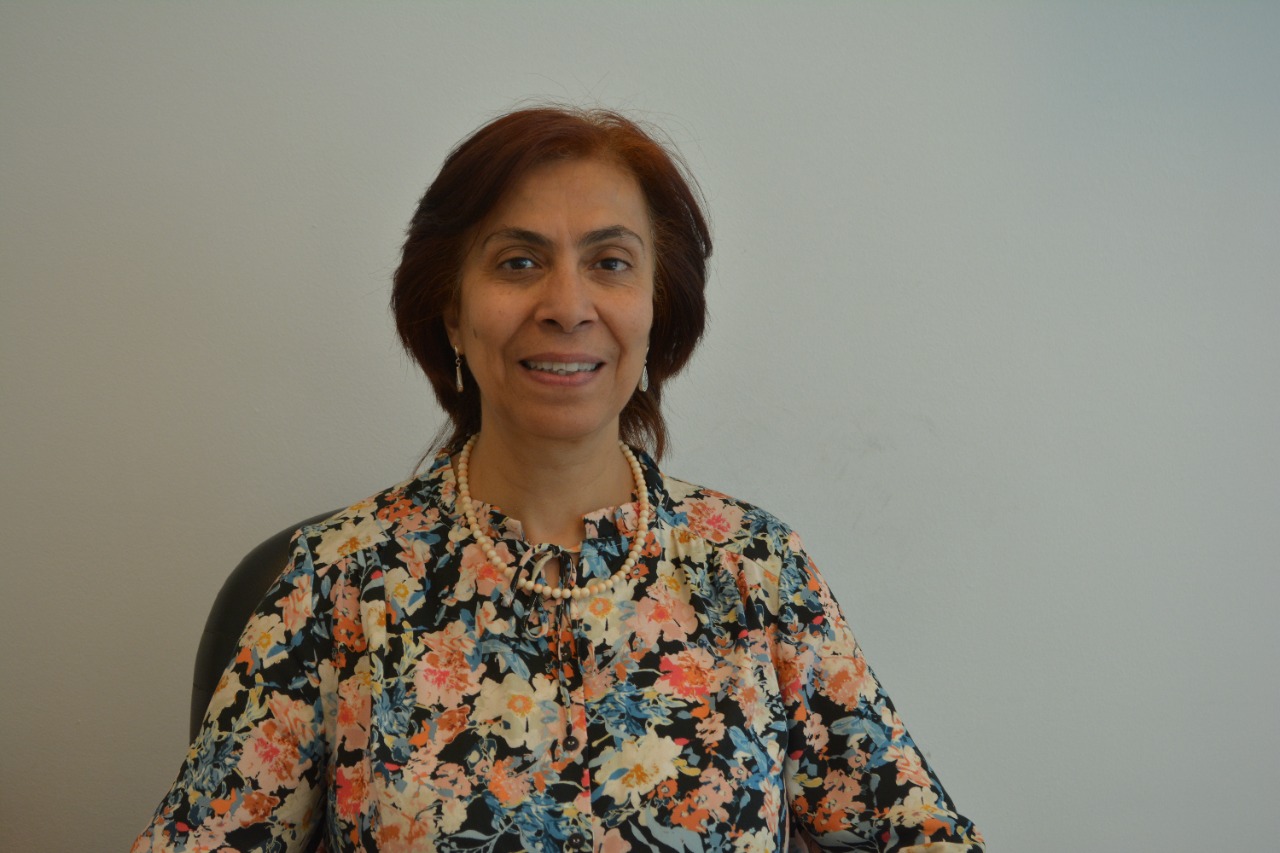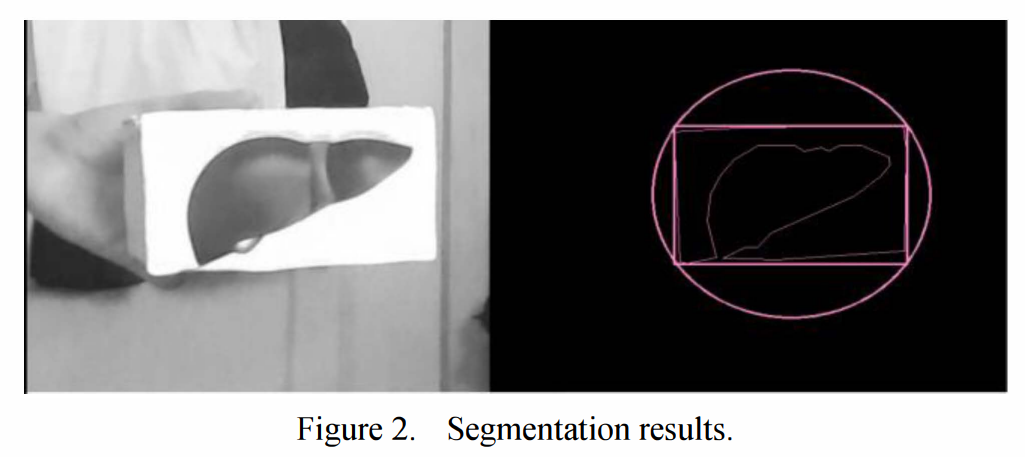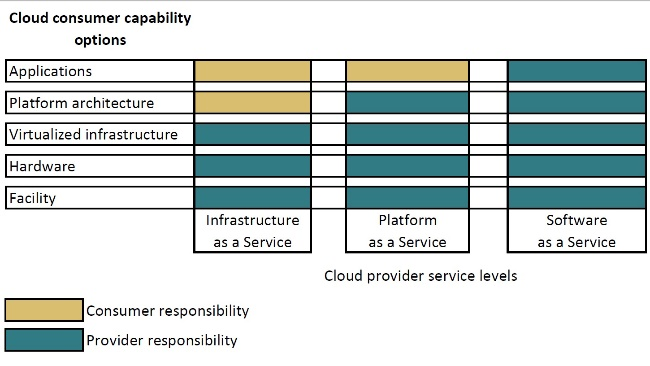
Faculty Office Ext.
1751
Faculty Building
UB 1
Office Number
203
Dr. Nashwa Abdelbaki joined NU in September 2008. Her research interest mainly focuses on Multimedia networking, cloud computing, and cybersecurity. Dr. Abdelbaki published over 65 scientific refereed conference and journal papers and book chapters. She has also served as program committee member in several international scientific journals and conferences.
She led the NU MSc Information Security Program since its inauguration in 2008 to 2021. During the period 2018 to 2020, she was, additionally, the Director of the ITCS Academic Bachelor and Master Programs.
Supported by her German DAAD Scholarship, Dr. Abdelbaki received her Doctor of Engineering (Dr.-Ing.) degree with grade 1.0, in the field of multimedia networking from Faculty of Engineering, Ulm University, Germany. She received her M.Sc. degree from Faculty of Engineering, Ain Shams University in Cairo, and B.Sc. from Faculty of Engineering, Cairo University, Egypt.
Nashwa Abdelbaki is an IT expert with over 35 years of experience at the national as well as regional and international levels. She is an early Internet pioneer, bringing Internet connectivity to Egypt in the late 80s and early 1990s. She helped build Egypt's national networks both locally and regionally and took technical lead of the Egyptian Universities Network (EUN) and the central registry of the Egyptian Top-Level Domain .EG.
- Enhancing School Education and Student Learning Gamification
- Virtual Labs
- Humanoid Robots
- Information Security
- Cyber Security
- Cloud Computing
- Networking
- Augmented Reality



